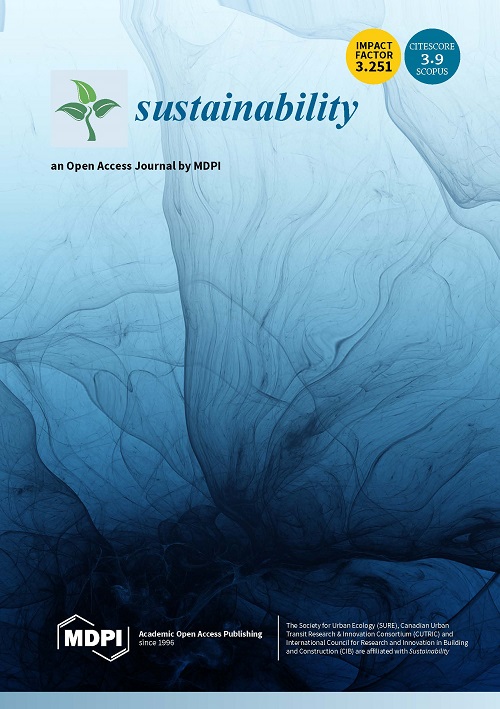Just and fair transitions to low-carbon and nature-positive ways of living need to occur fast enough to limit and reverse the climate and nature crises, but not so fast that the public is left behind. We propose the concept of “Regenerative Good Growth” (RGG) to replace the language and practice of extractive, bad GDP growth. RGG centres on the services provided by five renewable capitals: natural, social, human, cultural, and sustainable physical. The term “growth” tends to divide rather than unite, and so here we seek language and storylines that appeal to a newly emergent climate-concerned majority. Creative forms of public engagement that lead to response diversity will be essential to fostering action: when people feel coerced into adopting single options at pace, there is a danger of backlash or climate authoritarianism. Policy centred around storytelling can help create diverse public responses and institutional frameworks. The practises underpinning RGG have already created business opportunities, while delivering sharp falls in unit costs. Fast transitions and social tipping points are emerging in the agricultural, energy, and city sectors. Though further risks will emerge related to rebound effects and lack of decoupling of material consumption from GDP, RGG will help cut the externalities of economies.
DOI:
https://doi.org/10.3390/su17030849
Dimensiones Recuento de citas:

Año de publicación
2025
Autores
Pretty, J.; Garrity, D.; Badola, H.K.; Barrett, M.; Butler Flora, C.; Cameron, C.; Grist, N.; Hepburn, L.; Hilburn, H.; Isham, A.; Jacobi, E.; Lal, R.; Lyster, S.; Magnason, A.S.; McGlade, J.; Middendorf, J.; Milner-Gulland, E.J.; Orr, D.; Peck, L.; Reij, C.; Rockström, J.; Ronesh, Y.; Saito, O.; Smith, J.; Smith, P.; Thorne, P.; Watabe, A.; Waters, S.; Wells, G.
Idioma
English
Palabras clave
climate, natural regeneration, public engagement, net zero, governance, cost benefit analysis, economic development

















